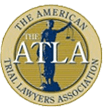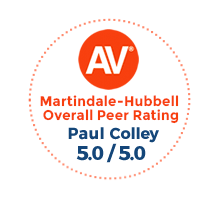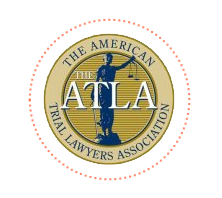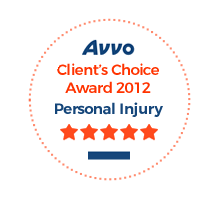Company Car Accident: Are You Liable?
Many employers assign company cars to employees who frequently have to drive for business purposes. We all know what to do if we get in a wreck driving our personal vehicles, but who is responsible for a company car accident? The other driver? The employer? The employee?
Answer: It Depends.
Like most legal questions, there are clear cut rules and exceptions to the law. First, you must consider the contract signed between employee and employer when the company car was assigned. Some extreme cases require the employee to pay back the employer in full. Most employers put the auto insurance policy in the company name as to gain coverage through the company.
If the contract is unclear or non-specific, the judges and attorneys consider respondeat superior. Respondeat superior is a legal doctrine that states that, in many circumstances, an employer is responsible for the actions of employees performed within the scope of employment. The very last phrase “scope of employment” is the most tricky to identify. It is defined as any and all tasks related to or needed in order to carry out specific job requirements.
What if it is unclear if the actions were within the “scope?”
The law uses two phrases to describe an employee’s actions under respondeat superior: detour and frolic.
A detour can be defined as a small action performed outside the specific job requirements in order to fulfill their duty. For example, if a salesman were on the way to a meeting but needed to fill up on gas, the trip to the gas station is a “detour” and will be considered “within the scope.” If the employee causes or gets in a car accident during this type of action, it will be covered in full by the company.
A frolic is an action deviating so far from the actions of the job requirement that the employer is no longer liable for the car accident. For example, if an employee is using the car after hours to meet friends for happy hour, they will not be covered by the company in the case of a wreck. Being off the clock and using the company car gives full liability to the driver for any accident or mistake while driving.
The majority of accidents that happen in company cars boil down to the two points above. But what if the employee did not cause the accident?
The “Detour vs. Frolic” argument still applies. If the employee is accused of “frolic” actions, the auto damage and insurance documentation, including the settlement, will be sent to the employee and be addressed so in that manner. If the employee is on “detour,” the company is responsible for all paperwork to send to the insurance company.
If you or a co-worker was recently involved in a car accident while using the company car, contact Colley & Colley in Tyler, Texas for a free consultation.















